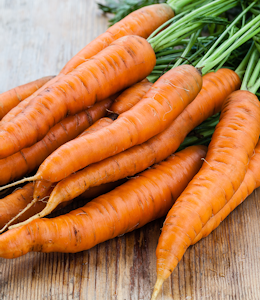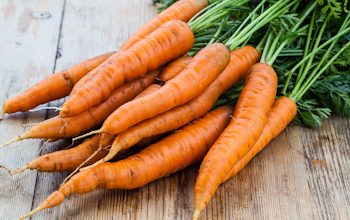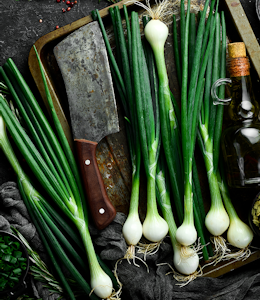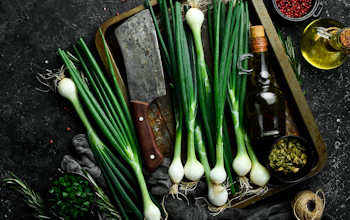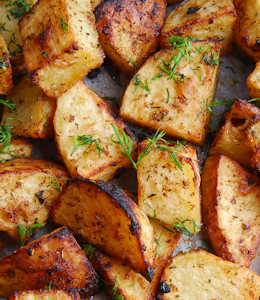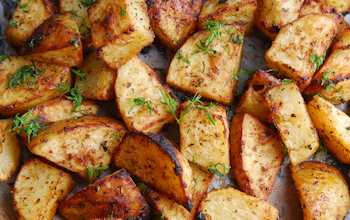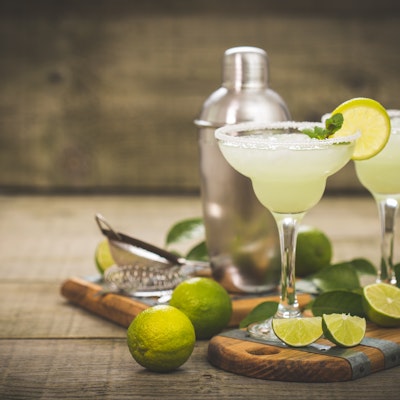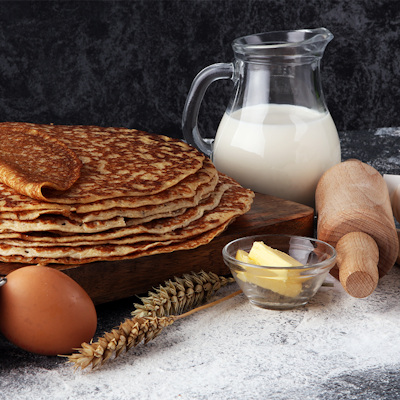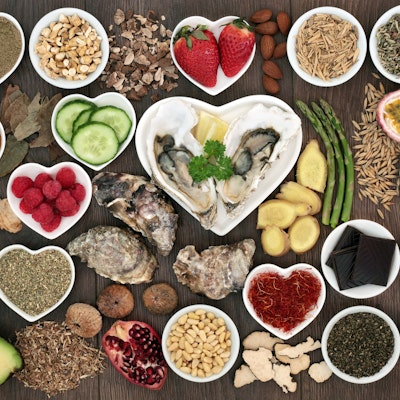Carrot benefits and more
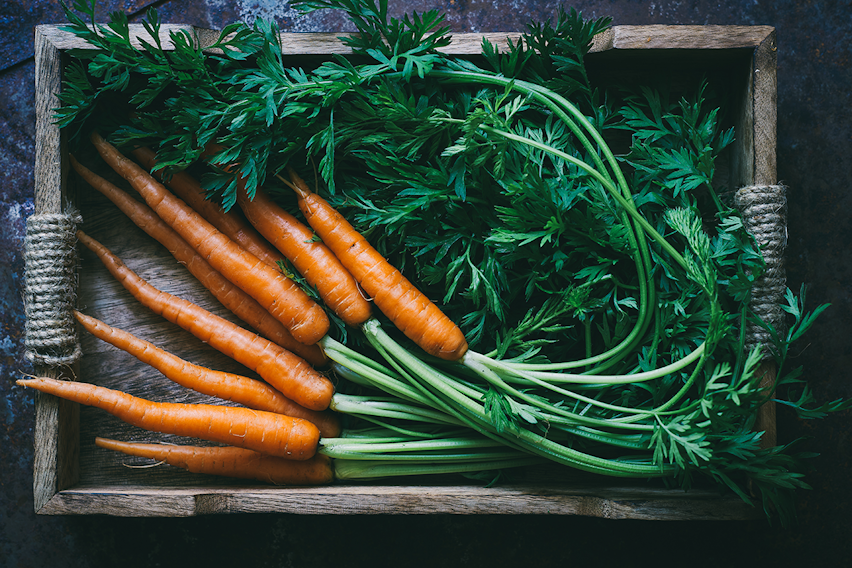
The health benefits of eating carrots is bettered only by their versatility - the perfect vegetable for stews, salads, snacking and more. But are they better cooked or raw? Are they an allergen? We’re rounding up everything you need to know about carrots…
The big questions when it comes to carrots are:
- What are carrots?
- Are carrots a root vegetable?
- What are the benefits of eating carrots?
- Are carrots healthier raw or cooked?
- Where do carrots come from?
- Are carrots an allergen?
- Are carrots gluten-free?
- What are carrots a good source of?
- How many carrots a day can I eat?
- What is the best way to cut carrots?
- What is the best way to cook carrots?
- What do carrots go well with?
Now let’s find out the answers...
What are carrots?
Carrots are a type of root vegetable, eaten for their crunchy taproot. They are traditionally known for their vibrant orange colour, but can also be purple, black, red and even white.
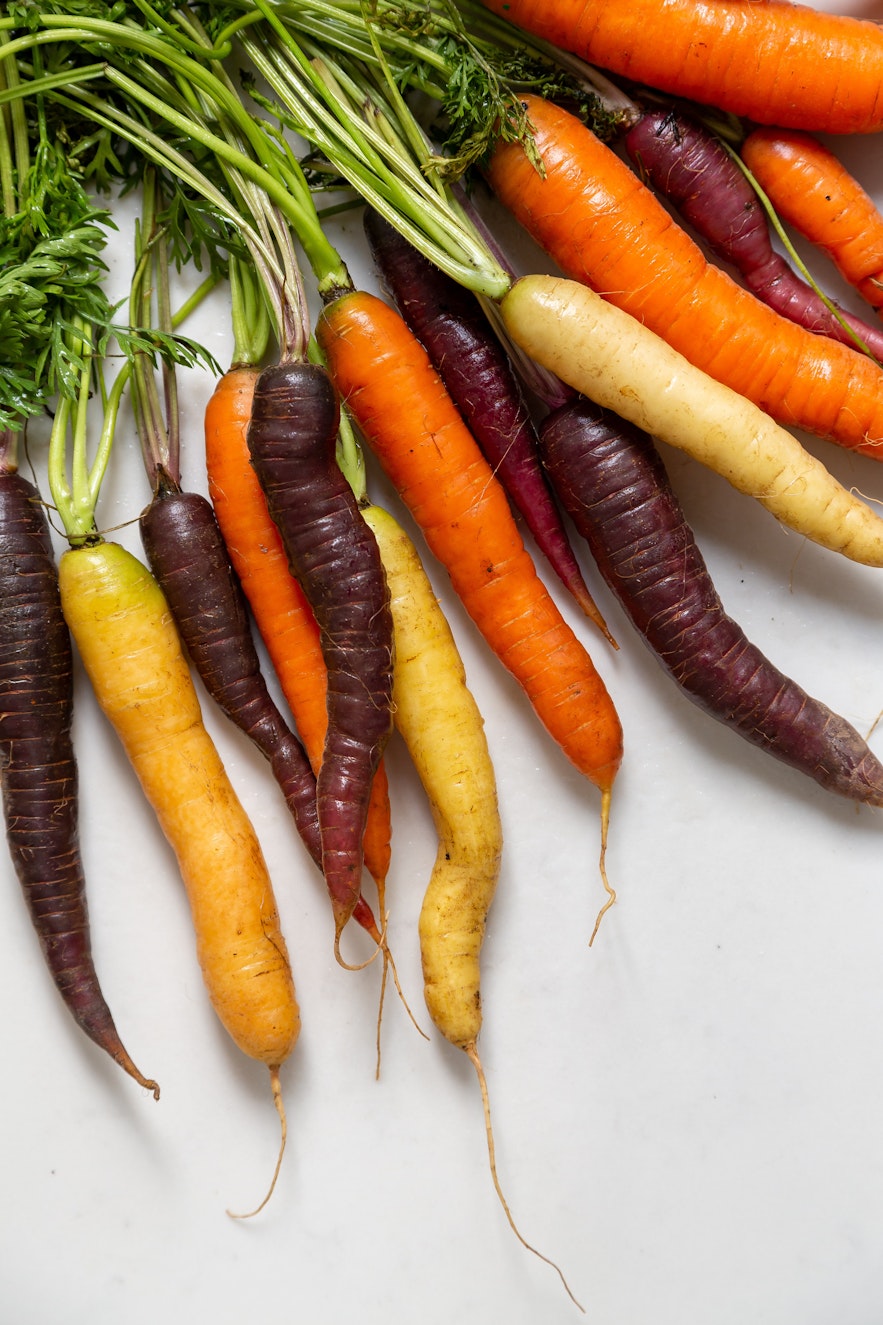
Most carrots today are domesticated carrots, cultivated from the wild carrot, which grows naturally in Europe and Southwest Asia.
In popular culture, carrots are associated with the cartoon character Bugs Bunny, and also for the (untrue) rumour they help you to see in the dark.
Are carrots a root vegetable?
Yes, carrots are a type of root vegetable, which are defined as edible plants grown underground.
The taproots, tuberous roots, bulbs, stem tubers and corms of different root vegetables - which include carrots, potatoes, yams, radishes, parsnips and horseradish - are used for food.
What are the benefits of eating carrots?
There are many benefits to eating carrots, but the main one is that they contain a large amount of the compound beta-carotene, which is also known as pro-vitamin A. The beta-carotene is what gives the carrots their vibrant colour, and boosts the immune system, as well as contributing to skin, hair and eye health (hence where the carrots improving eyesight rumour had its origins).
Carrots are also a source of vitamin C, fibre, vitamin K1, potassium, needed in all healthy diets, and because they are a root vegetable they keep you fuller for longer than non-root vegetables. This can be used to aid weight management.
Are carrots healthier raw or cooked?
Surprisingly, cooked carrots are better for you than raw carrots. This is because cooking carrots weakens their cell walls, and makes it easier for the body to absorb the carrot’s beta-carotene, the compound so good for skin and the immune system.
Where do carrots come from?
Wild carrots are indigenous, growing naturally, in Europe, Southwest Asia and parts of North Africa. It is thought they originated in Central Asia (territories such as Afghanistan, Iran, and Uzbekistan) over a thousand years ago, and are now harvested in Great Britain practically year round.
Are carrots an allergen?
No, carrots are not among the 14 major food allergens.
Are carrots gluten-free?
Yes, like other vegetables, carrots are gluten-free.
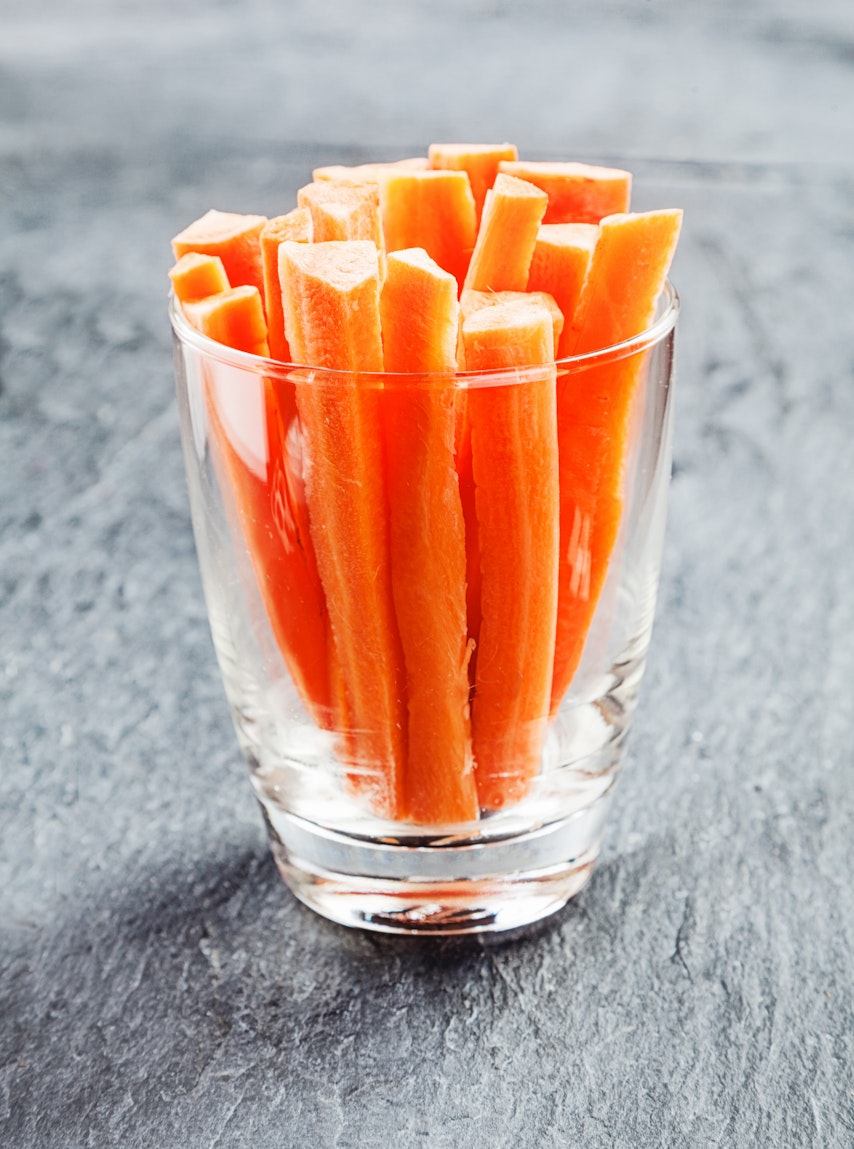
What are carrots a good source of?
Carrots are known for being a rich source of the compound beta-carotene, also known as pro-vitamin A (it is converted into vitamin A once in the intestine). Vitamin A is essential to the body for skin, teeth, eye and bone health, as well as having a positive effect on the immune system. Carrots are also a good source of fibre, and other vitamins and minerals including niacin, B6, vitamin K and potassium.
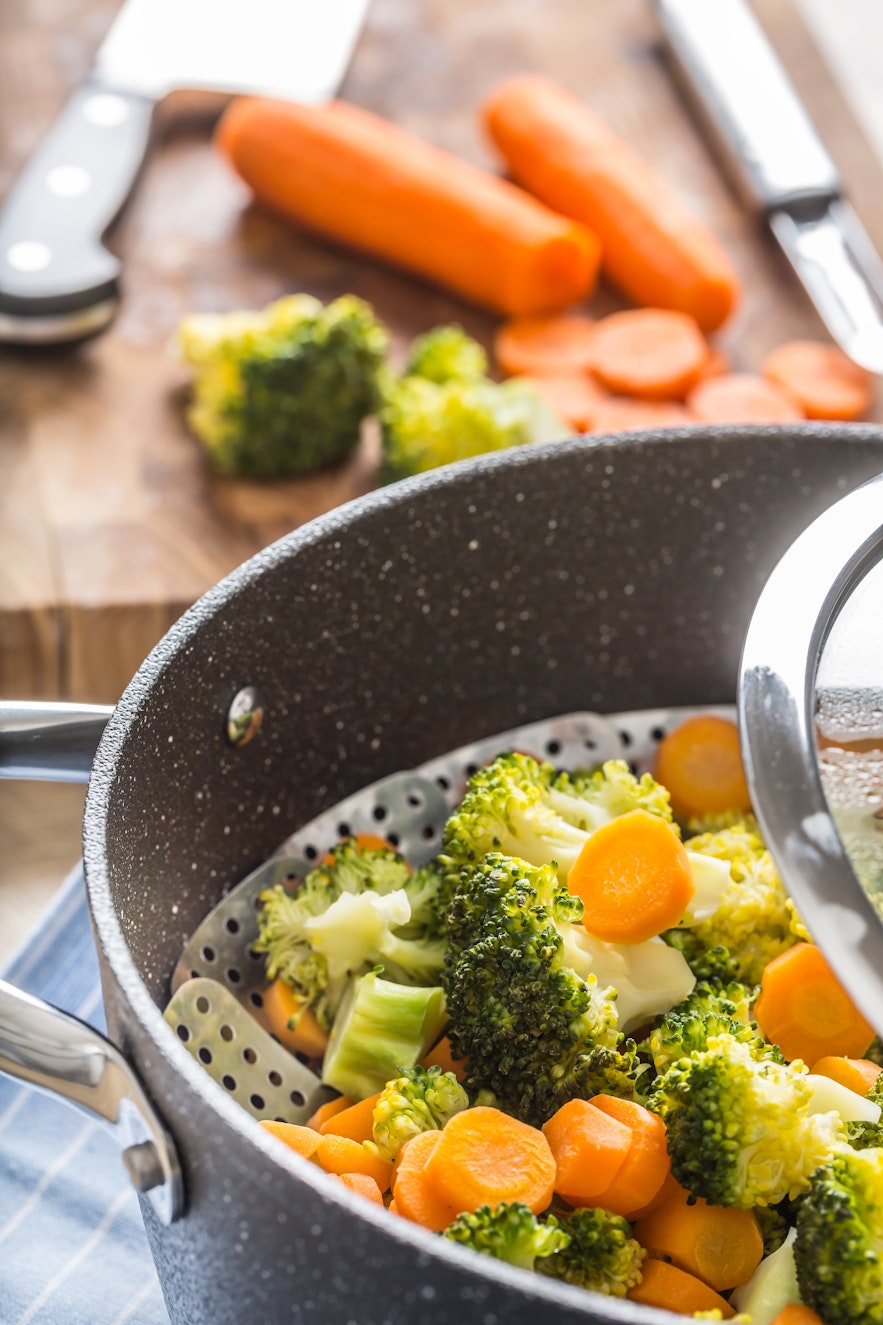
How many carrots a day can I eat?
There is no strict guidance on how many carrots can be eaten in a day - as a healthy, non-processed vegetable they can be eaten every day and are a valuable part of a balanced-diet. However, excessive eating of carrots (or other beta-carotene rich foods like pumpkins and sweet potatoes) can result in carotenemia, a condition in which the skin becomes orange and unnatural looking.
What is the best way to cut carrots?
There are several ways you can cut a carrot - the best way depends on what you plan to do with the carrot.
You can cut carrots into very small cubes or pieces - known as dicing, which is best when using carrots as the base of a sauce or dish (for the traditional sauce base mirepoix, made with onions, carrots and celery you will need to dice the vegetables as finely as possible).
Carrots julienne are created by cutting the carrots into match-stick thin slices either with a knife or a peeler, and can be tossed into salads and stir fries. A traditional way of cutting carrots is “batonnet”, which means slicing them into batons several centimetres thick. Batonnet carrots can be eaten raw, boiled or roasted, or cut further into the other types. Carrots can also be mashed or pureed, and cut into discs - as often seen in the traditional English dish “hot pot”.
What is the best way to cook carrots?
Many people claim roasting carrots is the best way to cook them.
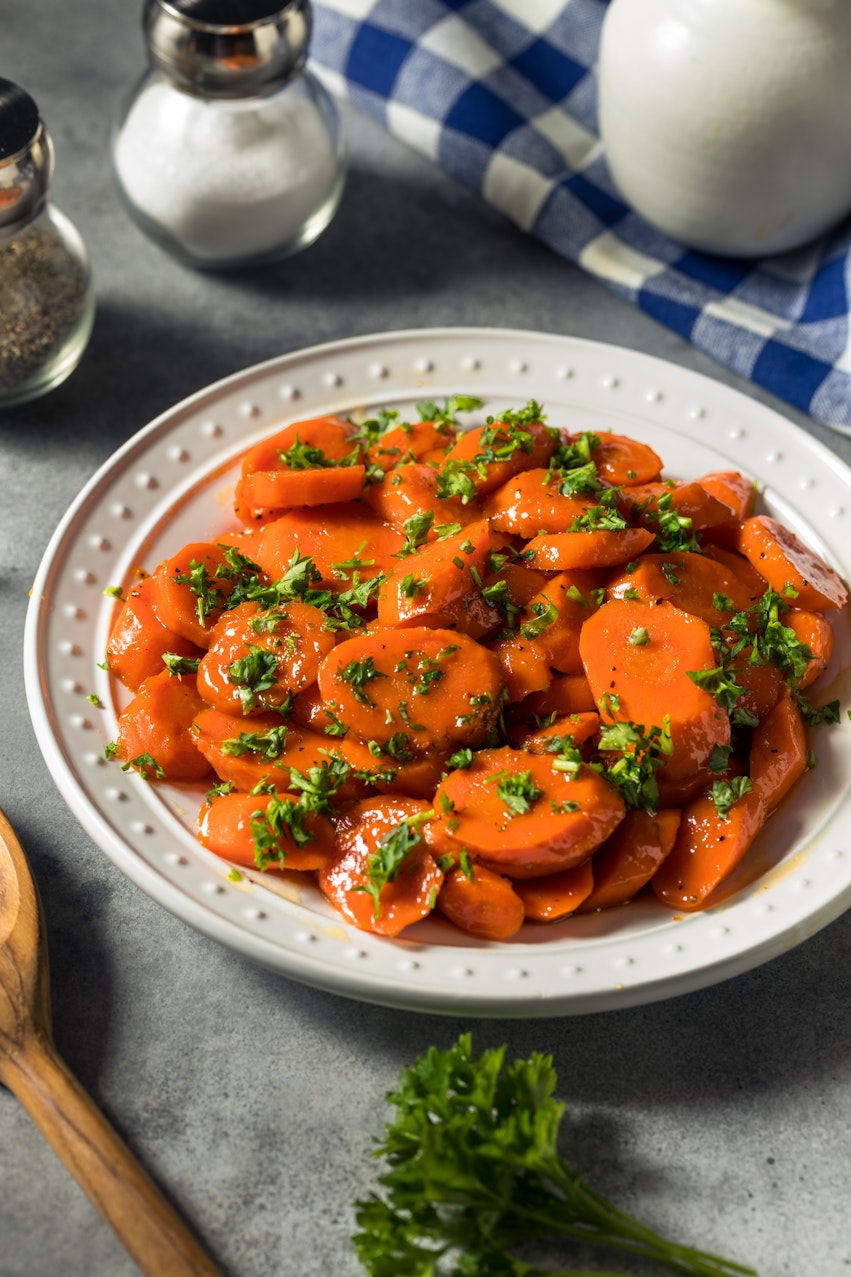
This is because roasting them pulls out their flavour - particularly the sweetness, and because it is visibly easier to see when they are done than if boiling or steaming (reducing the risk of them becoming overcooked and mushy). However, to prevent them becoming hard it is best to boil them for 5-10 minutes before roasting in the oven.
The healthiest way to cook carrots is to steam them - boiling carrots is also healthy but steaming keeps more of the vitamins and nutrients intact, and unlike roasting, does not require oil or fat, which add calories.
What do carrots go well with?
The natural sweetness of carrots mean they taste delicious when roasted with white wine vinegar and honey, but they also pair well with herbs such as rosemary and dill.
Raw carrot batons are an excellent vessel for dipping into hummus and tzatziki. Like other root vegetables, carrots are robust and absorb the rich flavours of a stew without disintegrating into it, and they can be used to add colour and sweetness to salads and as a garnish to other dishes.
